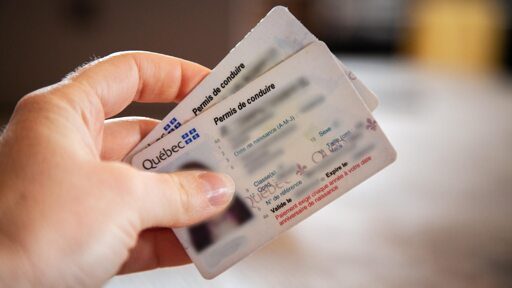Nice, I'll be adding some if these to my recipes.
- Posts
- 9
- Comments
- 40
- Joined
- 3 yr. ago
- Posts
- 9
- Comments
- 40
- Joined
- 3 yr. ago
Rust @programming.dev This Week in Rust 635
Rust @programming.dev This Week in Rust 633
Rust @programming.dev This Week in Rust 631
Rust @programming.dev This Week in Rust 630
Rust @programming.dev This Week in Rust 629
Rust @programming.dev This Week in Rust 628
Québec @lemmy.ca Fiasco SAAQclic : augmenter les frais aux conducteurs pour rembourser le déficit
Rust @programming.dev This Week in Rust 607
Programmer Humor @programming.dev Password requirements are getting out of hand


My friend would like to know if there are any recommended alternatives.